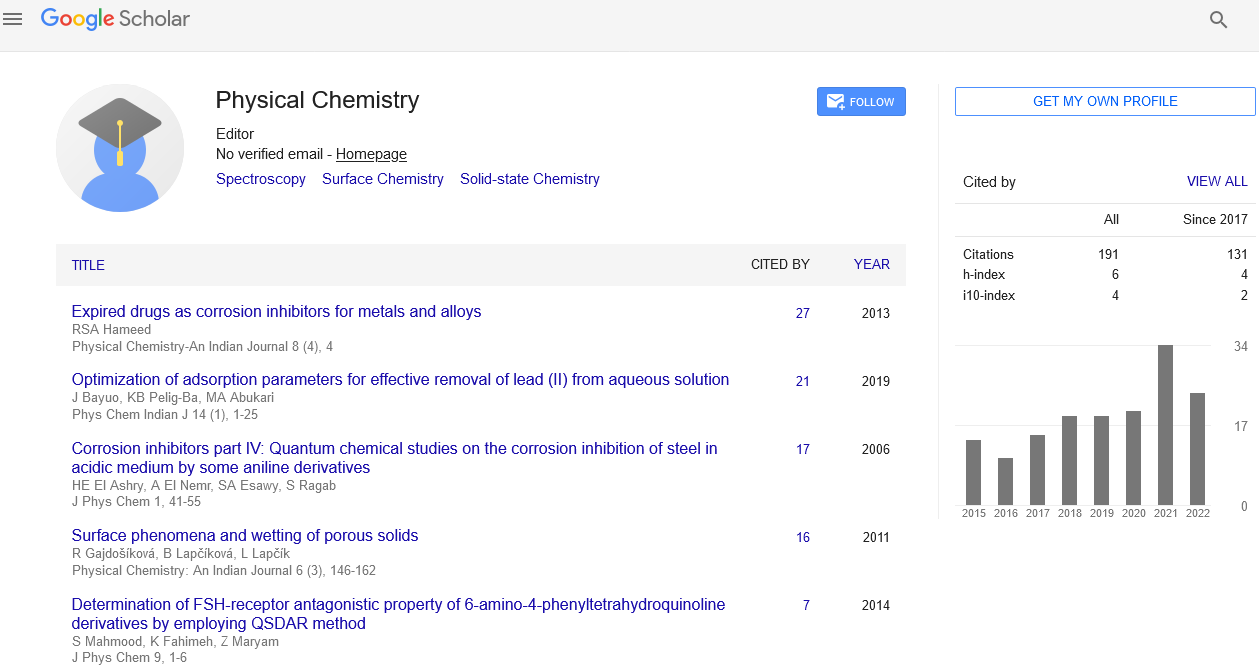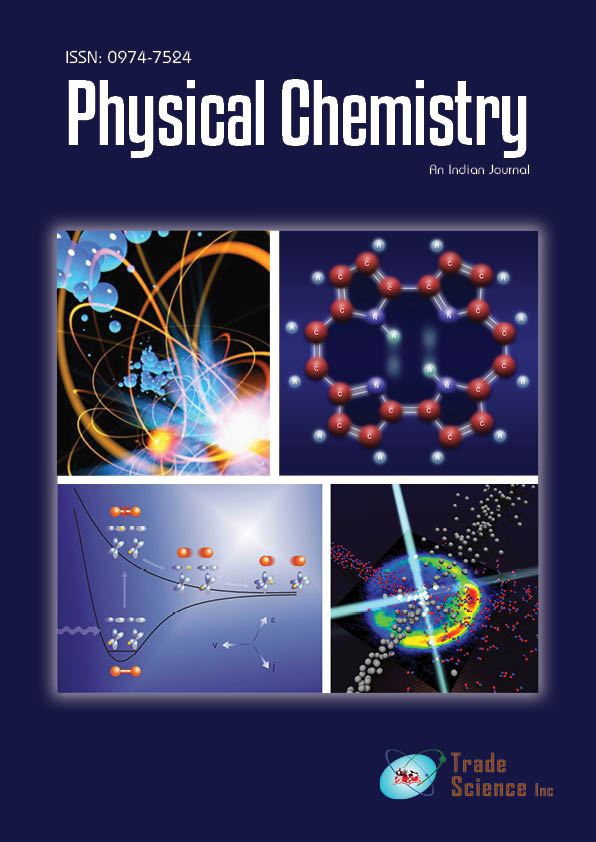Abstract
The Effect of a Surface-Stabilizing Agent on the Antibacterial and Antifungal Properties of Silver Nanoparticles
Author(s): Stefan PaulSilver nanoparticles (AgNPs) produced with biologically active chemicals appear to have particularly important biocidal characteristics for biological and medicinal applications. The goal of this study was to analyse and contrast the antibacterial and fungicidal capabilities of fifteen different AgNPs. The fundamental hypothesis was that the biological activity of AgNPs with similar size distributions, morphologies, and ion release profiles is influenced by the characteristics of stabiliser molecules adsorbed on their surfaces. As models for two types of bacterial cells, Escherichia coli and Staphylococcus aureus were used. According to the research, larger AgNPs are more biocidal than smaller ones. Positively charged arginine-stabilized AgNPs (ARGSBAgNPs) were found to be the most biocidal of all the nanoparticles studied. Negatively charged EGCGAgNPs made with ()-epigallocatechin gallate have the most potent antifungal activity (EGCG). It was discovered that by using a specific stabilising agent, AgNP toxicity can be tuned to target specific infections.

